Octave Pedals
1-10 of 10 productsFilter
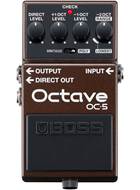
BOSS OC-5 Octave
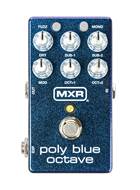
MXR M306 Poly Blue Octave
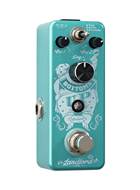
Landlord FX Bottoms Up Octave
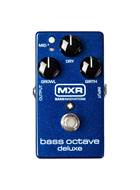
MXR Bass Deluxe Octave M288
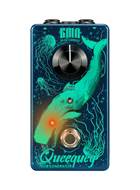
KMA Machines Queequeg 2 Sub Generator Pedal
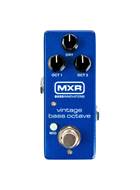
MXR M280 Vintage Bass Octave
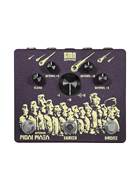
KMA Machines Moai Maea Octave Pedal
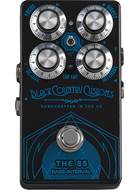
Laney BCC-T85 Black Country Customs The 85 Bass Interval
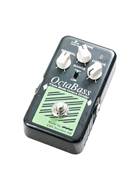
Ebs OctaBass Triple Mode Octave Divider (Pre-Owned)
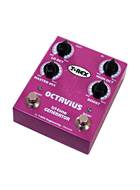
T-Rex Octavius (Pre-Owned)
About Octave Pedals
Octave Pedals are an excellent addition to a guitar players arsenal. Octave pedals are versatile guitar pedals that add depth to your playing, the octave effect allows you to pitch shift your signal up or down octaves, either in isolation or in combination with your original signal. This allows for some really interesting applications, such as mimicing the sound of a 12 string guitar, making your guitar sound like a bass, or using a combination of both to create additional layers in your playing.
Octave pedals add a pitch-shifted signal on top of your normal signal; in an octave interval. Combining your guitar signal with an octave up imitates the sound of a twelve-string guitar; whereas combining your guitar signal with an octave down gives the impression of a bass playing in perfect time with you. You can also remove your dry signal so that you can create whacky high-pitched guitar solos or play a bass part when you don’t have a bass guitar.
Bass players can also utilise the utility of octave pedals, allowing for new dimensions to their playing, and they are especially useful for two-piece bands, allowing a single guitar/bass player and solo drummer to function, filling out the overall sound. Adding an octave down to a bass part gives it an incredible sub-bass fullness whereas an octave up during a riff or solo helps players cut through a mix. The White Stripes, The Black Keys, Royal Blood, and Death From Above 1979 all rely on octave pedals to fill out their sound.
Shop our selection of the best octave pedals available at guitarguitar.
Why Should I Choose an Octave Pedal?
- Guitar octave pedals fill out your sound
- Recreate the sound of 12 string guitars or basses
- Octave guitar pedals are great for bassists
- Create interesting new sounds
- Adds depth to your playing
